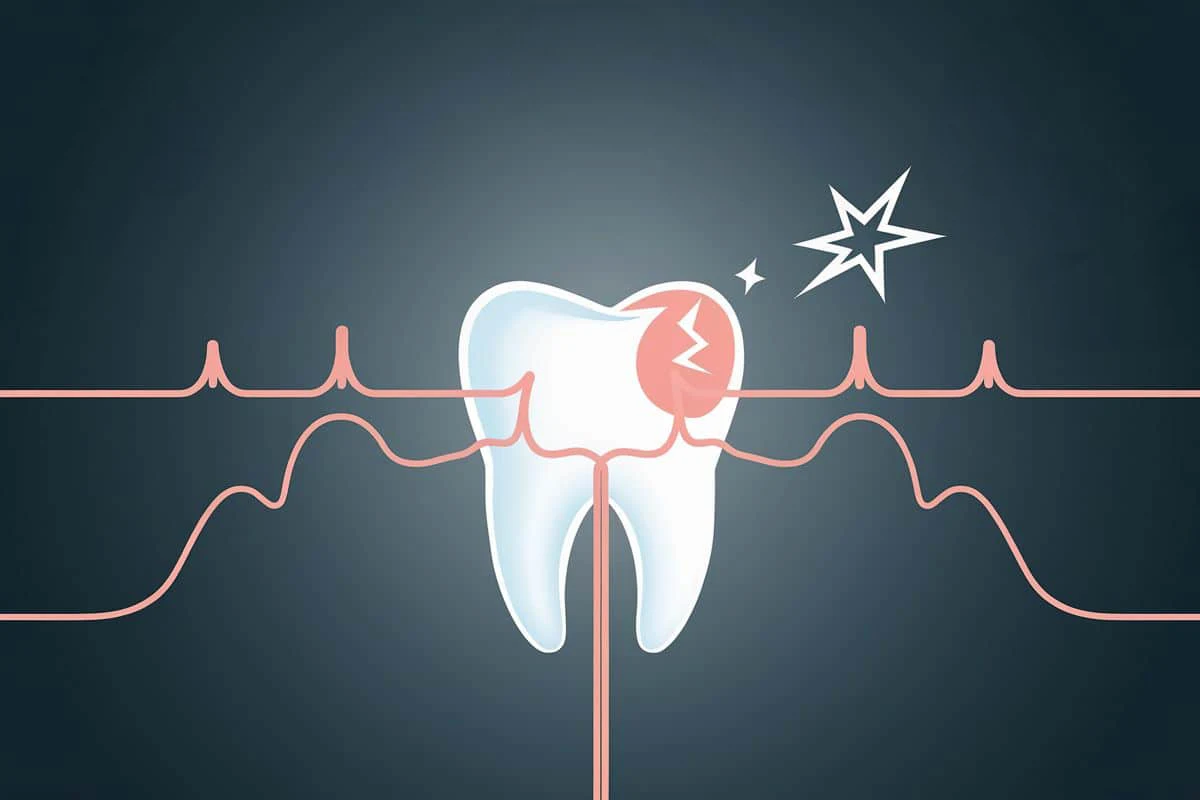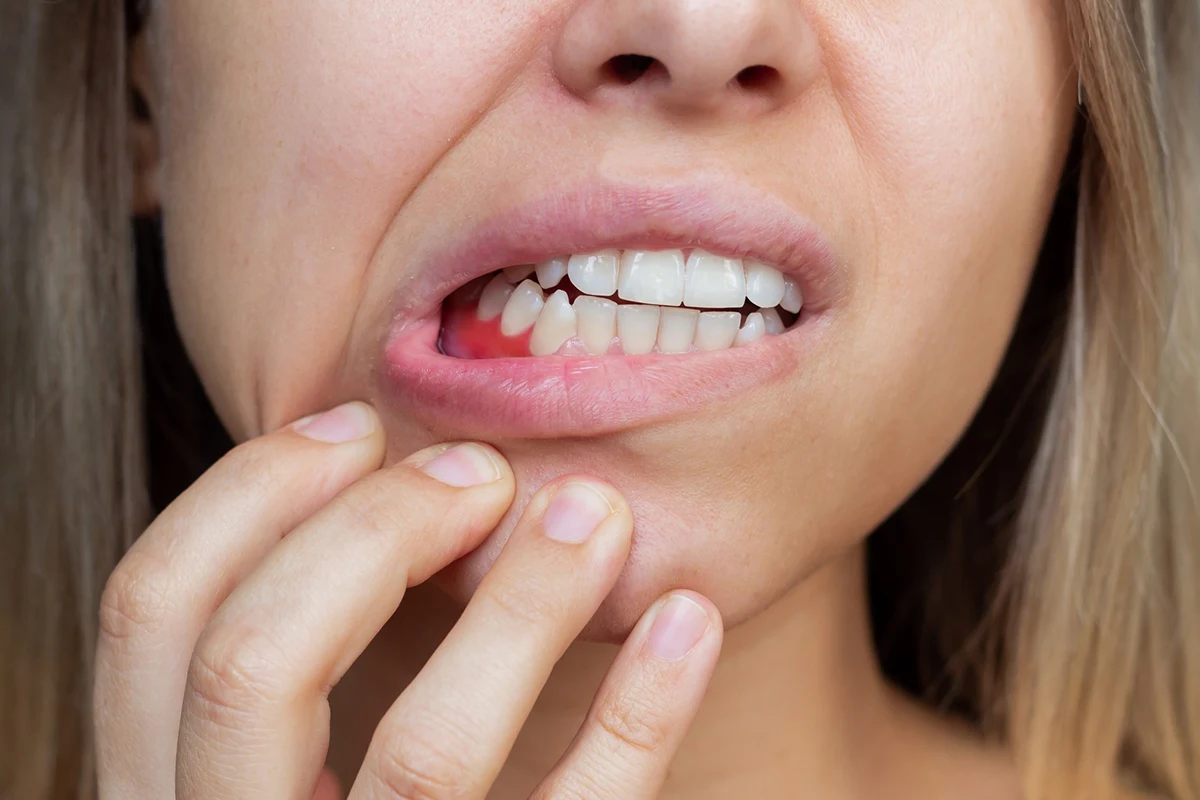Pregnant women should pay special attention to their dental hygiene during pregnancy, as they are at a higher risk of gingivitis due to hormonal changes. Good oral hygiene is very important because bacteria from the oral cavity can be transmitted to the newborn and harm their health.
It is recommended to brush your teeth carefully, ideally three times a day. Soft brushes are more suitable than hard brushes to protect the gums, which are particularly sensitive during pregnancy. You should also change your toothbrush more often than usual to prevent the accumulation of any harmful bacteria. The toothpaste should preferably contain fluoride.
Dental and gum problems caused by hormonal changes
Hormonal changes during pregnancy lead to an increase in the acidity of your saliva. As a result, your tooth enamel becomes more vulnerable, and the development of cavities is promoted.
Moreover, as the amount of blood in your body significantly increases, this leads to a relaxation of the connective tissue. Consequently, the blood vessels in the oral mucosa can be considerably enlarged, and the mucous membrane becomes more permeable. In other words, your gums become softer and more sensitive, making them more prone to bleeding. Microorganisms can access them more easily, leading to inflammation, which results in more frequent gum bleeding.
If teeth are not properly cleaned, plaque that has not been removed quickly forms gingival pockets – and these pockets become a breeding ground for bacteria.

Mineral intake
Ensure you are sufficiently supplied with all the important minerals during pregnancy. Your calcium needs increase because your baby requires this substance to build their bones and teeth. To ensure that you can also meet your needs, you must make sure to have a sufficient intake of calcium.
Two recommended dental check-ups during pregnancy
Because gums and teeth are particularly sensitive during pregnancy, in addition to careful dental hygiene, a dental check-up at the beginning and end of pregnancy (for example, in the 4th and 8th months) is recommended.
This applies even if you have not noticed any particular problems in your mouth. Because your doctor can detect even mild inflammations and reliably ensure that they do not affect your baby’s health through your bloodstream.
If you also notice toothaches or signs of gingivitis, for example, you should consult your dentist in addition to the two mentioned appointments.


